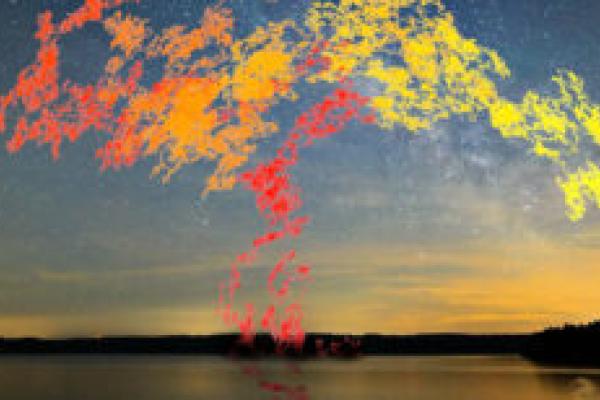Podcast


Living proof: Codina Cotar and some amazing mathematical art
In this episode of Maths on the Move Codina Cotar discusses some of the jaw-dropping entries of a recent maths-art competition.





